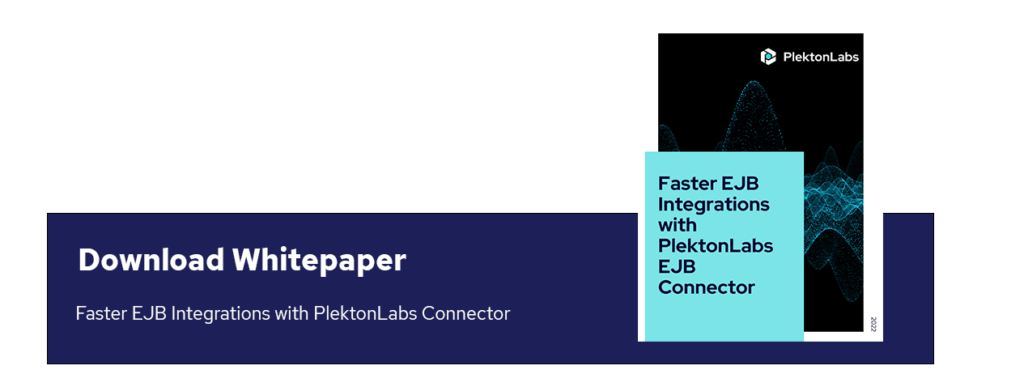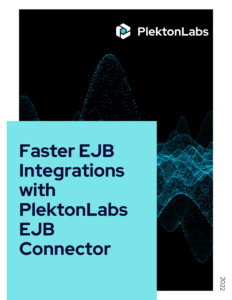Digital transformation and the everyday use of automation and technology in business processes have led to changes in entire industries. However, the use of technology isn’t enough to make an organization. But that leads us to the question: what is a “smart enterprise”? What separates smart enterprises from ordinary businesses? Using cloud software? A mission statement with words like data science or actionable analytics?
Well, not really, to be honest. Using AI capabilities does not make a smart enterprise, but by how organizations use them. Merely having AI in your business isn’t enough. Moreover, AI has been around for a few decades but just a few enterprises have employed the technology and become smart enterprises.
Simply put, smart enterprises are those that follow a certain strategy as well as processes when implementing automated capabilities and artificial intelligence.
What Will ‘Going Smart’ Do for Your Organization?
Perhaps you are wondering why your enterprise needs to be smart. After all, as long as your company is leveraging technology the right way, and you are aware of your progress through metrics like the KPI dashboard, you are very likely on the right track.
But the thing is, companies that stick around for longer are always looking ahead and discovering ways to get ahead of their competitors. And what could be more future-facing than using AI the right way? These are just some of the benefits that come from functioning as a smart enterprise:
- Allow for continuous availability
- Empowering employees of all levels within the organization
- Taking collaboration within and beyond the organization to the next level
- Evolve user-centric tools and services
- Bolster innovation by improving business networks,improving operations and processes
- Encourage employee creativity and increase staff productivity
- Embrace rapidly changes digital processes and practices with ease and convenience
Features of a Truly Smart Enterprise
Carefully leveraging AI to get the following outcomes are the signs of a smart enterprise that knows what it is doing:
A truly smart enterprise uses all its technological resources at hand (AI or otherwise) to finetune the ideal customer experience. Whether AI is used behind the scenes to improve or develop a product, service, or process, or used to improve customer interactions, you need to make it to make sure your customers feel valued.
This is the key to creating a base of loyal clients that stay with your business and improve brand recognition. But it is equally important to make sure you aren’t overdoing things. In many scenarios, customer-service-based AI implementation can become intrusive and often a hindrance to a solid customer experience.
Also, intelligent businesses are committed to the considerate and productive use of AI. AI isn’t simply used to draw in customers or treated as a gimmick. Instead, a business aiming for innovative growth is dedicated to shaping AI into an actual component of their organization and will carefully consider how it needs to be implemented instead of diving headfirst without planning or elaboration.
For instance, the business needs to consider the aspect of ethics before implementation. AI still needs governance from the humans running the show and this is where planning is required. The effects of a carelessly employed AI can have catastrophic effects on your business as well as the larger community.
Lastly, smart businesses use AI to create genuine and positive employee engagement. Actual smart enterprises leverage AI to allow employees to concentrate on more important tasks. When employees have the freedom to delegate their tasks to automated processes, they have the freedom to innovate and flex their creative muscles!
Whether it’s about deploying applications, analyzing data, or handling day-to-day processes, AI can help businesses in every aspect. And if businesses don’t utilize AI to improve employee experience alongside that of the customers, why bother implementing it at all?
Wrapping Up
In conclusion, AI should primarily be used to create improved processes that influence outcomes that upper management can directly control. The process of using AI effectively aims to control the things that the business can control!
Lots of companies choose to build AI into their business just because others in the industry are doing it as well or as some sort of PR or marketing tactic. This kind of implantation is a recipe for disaster. Businesses need to remember that it isn’t just about just having AI but about effectively implementing it to build ideal customer experiences, planned use, and positive employee engagement.
Proper AI implementation pairs perfectly well with API-led architecture for the perfect smart enterprise. This combination of API-led AI will help convert your ordinary business into a smart enterprise that will result in excellent customer and employee experiences while driving effective use of AI in your business for even greater innovation. And in the end, this will take your enterprise to the greatest heights of digital transformation yet.




